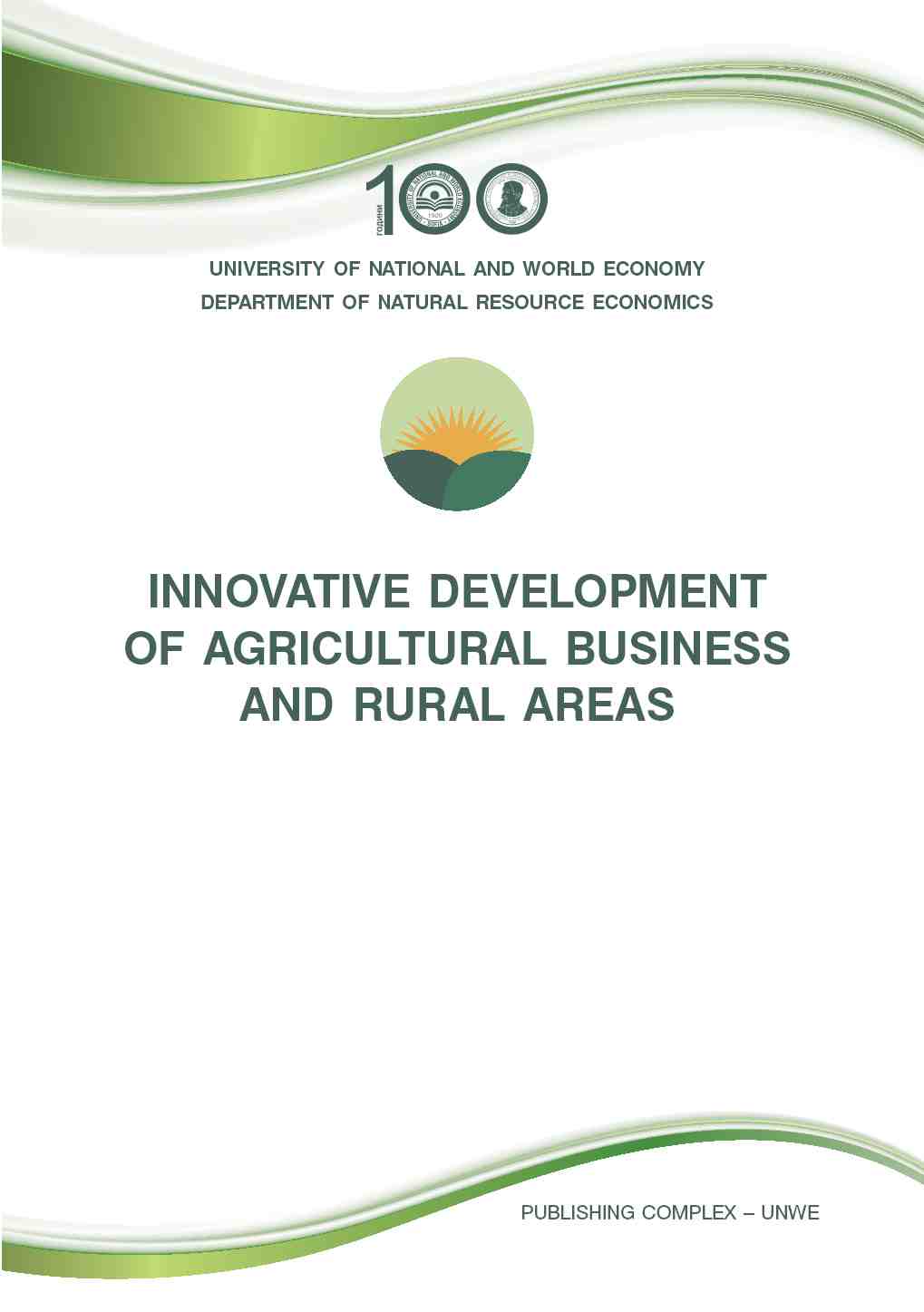Author(s): Dimitrios Petropoulos,Nikolaos Apostolopoulos,Zisis Mandanas,Eleni Anastasopoulou / Language(s): English
Publication Year: 0
Wheat production is of strategic importance for every country. Until the 1970s, wheat self-sufficiency was one of the indicators of economic growth. Of course, no matter how much the characteristics of the society-economy change and no matter how much the consumer habits change, the need for consumption of wheat by the final consumer, as well as their use by the manufacturing industry, remains at high levels. This work presents the configuration of the following elements for soft and durum wheat: arable land, quantity produced, yield per acre, trade balance, consumption and degree of self-sufficiency. There are strongly different behaviors between the two products. Common wheat shows a decrease in production for the whole period considered, while durum wheat shows a continuous increase in production (quantities and areas) until 2005 and then a continuous decrease, where in 2022, it shows the magnitudes of 1980. The negative trade balance during the period considered – for common wheat – is deteriorating, while the positive trade balance for durum wheat is constantly declining. Finally, the degree of self-sufficiency from 146 for common wheat in 1981, was set at 26 in 2020and for durum wheat from 234 to 160 respectively. It is interesting and important to highlight the causes that shaped the above figures over time. The causes, as well as the prevailing market conditions, are even more important during the impending – as it seems – food crisis, as a result of the severe reduction of production – after the war in Ukraine, but also the increase of export restrictions from a number of countries.
More...


